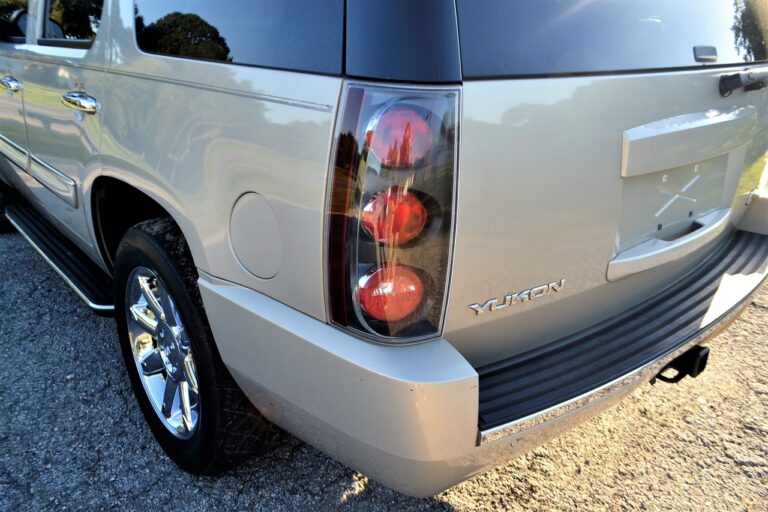Analyzing the Role of Automotive Air Conditioning in Vehicle Driver Assistance Systems
betbook250, anna 247 login, yolo247 login app:Automotive air conditioning plays a crucial role in vehicle driver assistance systems, providing comfort and safety for drivers and passengers. As vehicles become more advanced with the integration of smart technologies, the role of air conditioning in enhancing driver assistance systems is becoming increasingly important. In this article, we will analyze the key aspects of automotive air conditioning in relation to driver assistance systems.
Efficiency and Performance
One of the primary benefits of automotive air conditioning in driver assistance systems is its ability to enhance efficiency and performance. A comfortable and controlled temperature inside the vehicle ensures that the driver remains focused and alert, which is essential for safe driving. Additionally, air conditioning helps regulate the temperature of the vehicle’s components, such as sensors and cameras, ensuring optimal performance and accuracy of driver assistance systems.
Cooling and Heating Functions
Automotive air conditioning systems are designed to provide both cooling and heating functions, allowing drivers to maintain a comfortable temperature inside the vehicle regardless of external weather conditions. In driver assistance systems, this feature is crucial as it ensures that the technology, such as lane departure warning systems and adaptive cruise control, operates smoothly without being affected by extreme temperatures.
Air Quality and Safety
Another important role of automotive air conditioning in driver assistance systems is to improve air quality inside the vehicle. Dust, pollen, and other pollutants can impact driver performance and overall comfort. By filtering out these contaminants and circulating clean air, air conditioning systems contribute to a safer and healthier driving environment. This is particularly important for drivers with respiratory conditions or allergies.
Integration with Smart Technologies
With the advancement of smart technologies in vehicles, automotive air conditioning systems are becoming more integrated with driver assistance systems. For example, some vehicles now have automatic climate control features that adjust the temperature based on external conditions and driver preferences. This integration enhances the overall driving experience and ensures that driver assistance systems function optimally.
Energy Efficiency
Automotive air conditioning systems are continuously evolving to be more energy-efficient, reducing fuel consumption and emissions. In driver assistance systems, energy-efficient air conditioning plays a significant role in improving the overall performance of the vehicle. By minimizing energy consumption, these systems contribute to a greener and more sustainable driving experience.
Maintenance and Service
Regular maintenance and service of automotive air conditioning systems are essential for ensuring their proper functioning in driver assistance systems. Drivers should follow manufacturer recommendations for air conditioning system checks and servicing to avoid any malfunctions that could impact the performance of driver assistance systems. Additionally, keeping air filters clean and replacing them as needed is crucial for maintaining air quality inside the vehicle.
Overall, automotive air conditioning plays a critical role in enhancing driver assistance systems by providing comfort, safety, and efficiency. As vehicles continue to evolve with smart technologies, the integration of air conditioning systems will become even more important in ensuring optimal performance. By understanding the key aspects of automotive air conditioning in relation to driver assistance systems, drivers can make informed decisions to improve their driving experience.
FAQs:
1. How often should I service my automotive air conditioning system?
It is recommended to service your air conditioning system at least once a year to ensure it is functioning properly.
2. Can automotive air conditioning impact fuel efficiency?
Yes, a poorly maintained air conditioning system can negatively impact fuel efficiency. Regular maintenance is essential to ensure optimal performance.
3. Is it important to replace air filters in automotive air conditioning systems?
Yes, replacing air filters is crucial for maintaining air quality inside the vehicle and ensuring the proper functioning of the system.
4. How can I improve the energy efficiency of my automotive air conditioning system?
To improve energy efficiency, drivers can use the system in eco mode, keep windows closed while using air conditioning, and avoid running the system at maximum capacity for extended periods.







